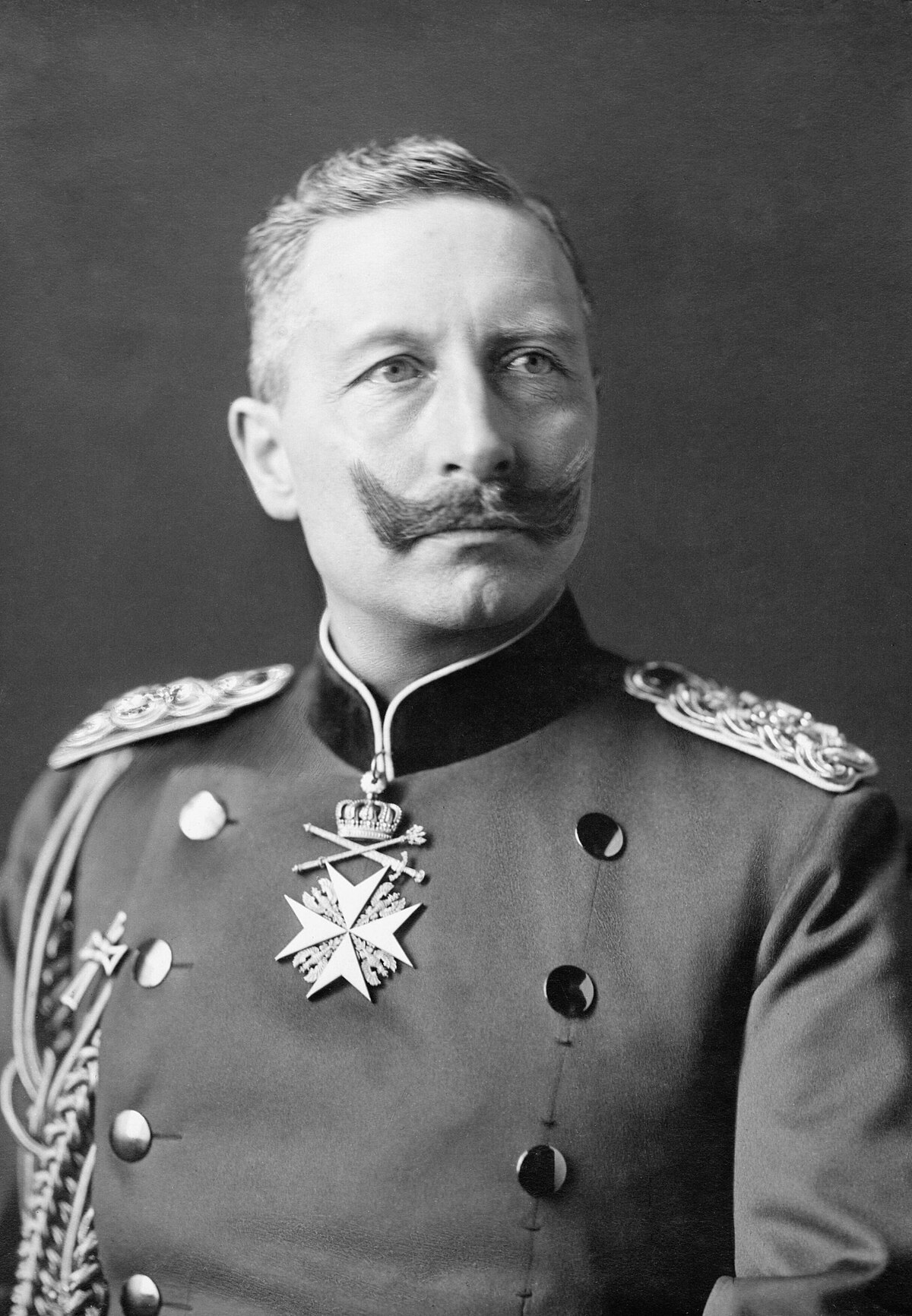Eparkhos
Well-known member
WI: Andronikos II killed at Tralleis? - Part II
I'm going to zoom out a bit to cover broader trends because I don't want to get stuck in the minutia.
Geopolitical:
- In the Balkans, the Byzantines will be the dominant power from the early 14th century onward. Historically, the Bulgarians were extremely weak from the late 13th-early 14th centuries and could have been dominated by any emperor other than Andronikos II (I can list 4 ways the Byzantines could've de facto vassalized the Bulgarians from 1280-1320 off the top of my head). Whether this leads to vassalization or outright conquest is more up in the air, but I'm inclined to say that the most likely is increased integration until Bulgaria is a province with a different name by 1400 or so. The Serbs would be fighting a civil war at the time of PoD, and the Byzantines ought to be able to play them off of each other and expand their influence. Control over Serbia would be periodically broken by Neapolitan/Venetian/Hungarian incursions and revolt, but these would be limited in duration while the natural center of gravity for Serbia leans towards Byzantine influence and so the broader trend would be towards vassalization. The Frankokratia are doomed in the long run, not that that's much of a loss, as their main benefactor, the Neapolitans, are caught between two fires with the Byzantines and Aragonese/Papal States, and probably swallowed up or made provinces in all but name, again by 1400. As an interesting side note, a Naples bogged down fighting the Byzantines/Aragonese won't be able to influence the Hungarian succession, so the Hungarian throne goes to either Bavaria or Bohemia-Poland and the Hungarian elective monarchy never gets off the ground. Interesting knock-ons, no?
- In Anatolia, the Byzantines had an excellent crop of leadership, and so long as the central government doesn't fuck with the Lakharnes system everything should work out relatively well. The Byzantines would conquer the coastal rim and parts of the interior of Anatolia, while the interior would be filled with a bunch of warring petty beyliks that can be safely played off of each other to maintain Byzantine hegemony. Cilicia and Armenia are likely out of reach, just like Trebizond, but the Crimea might be taken as part of a trade war against the Genoese, to secure resources or project power over the Black Sea, all of which are good reasons to go for the low-hanging fruit.
I'm going to zoom out a bit to cover broader trends because I don't want to get stuck in the minutia.
Geopolitical:
- In the Balkans, the Byzantines will be the dominant power from the early 14th century onward. Historically, the Bulgarians were extremely weak from the late 13th-early 14th centuries and could have been dominated by any emperor other than Andronikos II (I can list 4 ways the Byzantines could've de facto vassalized the Bulgarians from 1280-1320 off the top of my head). Whether this leads to vassalization or outright conquest is more up in the air, but I'm inclined to say that the most likely is increased integration until Bulgaria is a province with a different name by 1400 or so. The Serbs would be fighting a civil war at the time of PoD, and the Byzantines ought to be able to play them off of each other and expand their influence. Control over Serbia would be periodically broken by Neapolitan/Venetian/Hungarian incursions and revolt, but these would be limited in duration while the natural center of gravity for Serbia leans towards Byzantine influence and so the broader trend would be towards vassalization. The Frankokratia are doomed in the long run, not that that's much of a loss, as their main benefactor, the Neapolitans, are caught between two fires with the Byzantines and Aragonese/Papal States, and probably swallowed up or made provinces in all but name, again by 1400. As an interesting side note, a Naples bogged down fighting the Byzantines/Aragonese won't be able to influence the Hungarian succession, so the Hungarian throne goes to either Bavaria or Bohemia-Poland and the Hungarian elective monarchy never gets off the ground. Interesting knock-ons, no?
- In Anatolia, the Byzantines had an excellent crop of leadership, and so long as the central government doesn't fuck with the Lakharnes system everything should work out relatively well. The Byzantines would conquer the coastal rim and parts of the interior of Anatolia, while the interior would be filled with a bunch of warring petty beyliks that can be safely played off of each other to maintain Byzantine hegemony. Cilicia and Armenia are likely out of reach, just like Trebizond, but the Crimea might be taken as part of a trade war against the Genoese, to secure resources or project power over the Black Sea, all of which are good reasons to go for the low-hanging fruit.


